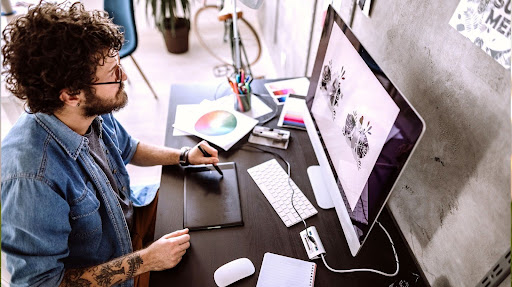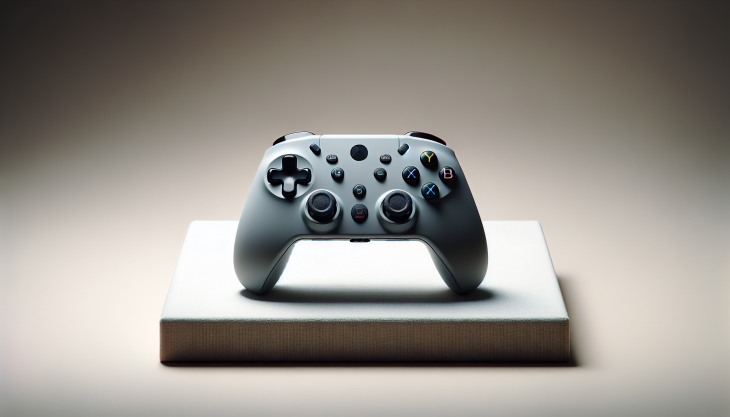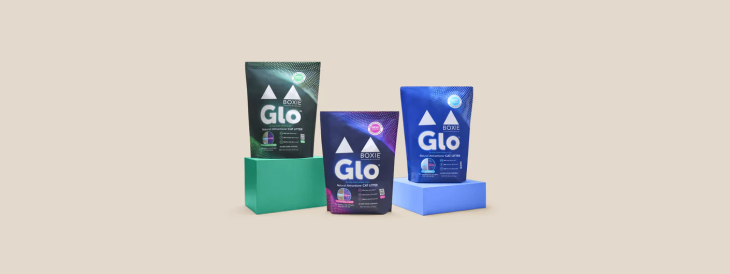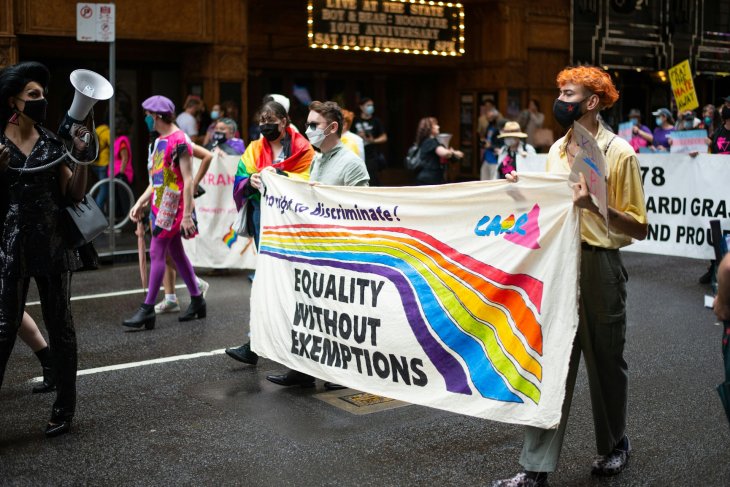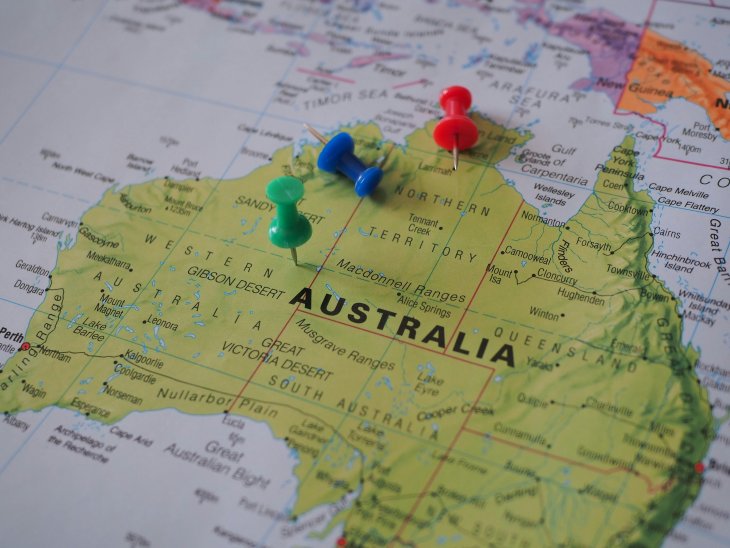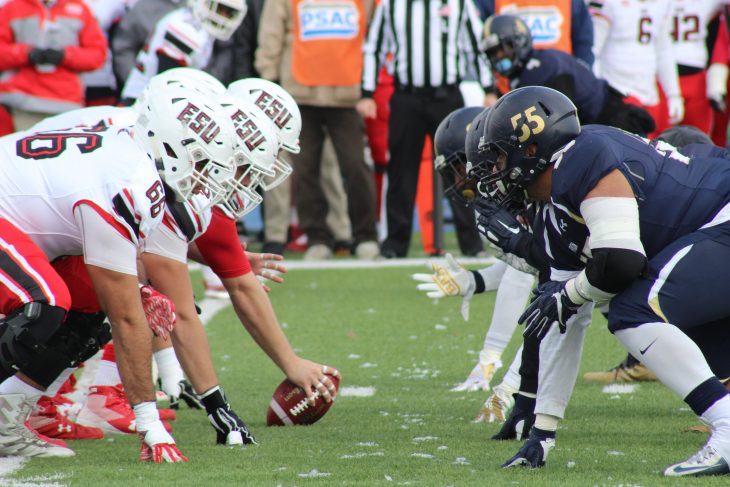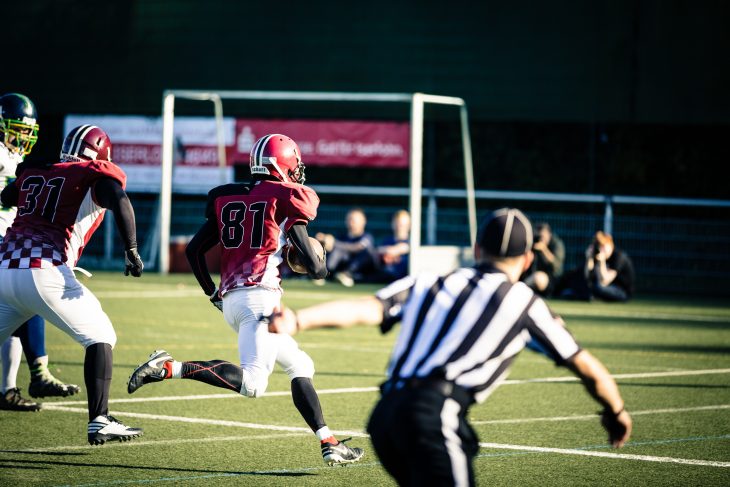It’s easy to feel invisible in a city like Los Angeles. There’s always someone louder, shinier, or more put together. And for folks in the LGBTQ community, the pressure to perform—to be “okay,” to smile, to keep up—can wear thin. That pressure has a way of sneaking in, settling under your skin, and sometimes, it brings addiction right along with it. But here’s the truth that doesn’t get shared enough: people are getting better here. Not in a perfect, glossy Instagram way, but in the real, raw, messy kind of way that actually lasts.
Recovery in LA isn’t about pretending you’re fixed. It’s about learning to live in your body again, about being okay with not being okay all the time. It’s about stepping outside on a smoggy day and still feeling like the air has something to offer you. And for LGBTQ folks, who have often spent years fighting just to feel seen, there’s something powerful in finally saying, “I want my life back.”
The Unique Struggles LGBTQ People Face with Addiction in LA
Addiction doesn’t happen in a vacuum. And in LA, where identity is constantly on display, the pressure can feel like it’s doubled for queer folks. You’re not just trying to stay afloat in a city that worships image—you’re also managing the weight of coming out, staying out, and navigating a culture that doesn’t always understand what you’re carrying.
For some, that means numbing out with substances. It might start at a West Hollywood bar, or with a party favor passed around at someone’s rooftop after-hours. But over time, that weekend thing becomes a daily thing, and suddenly, you’re not choosing anymore. You’re just surviving.
LGBTQ Angelenos are more likely to deal with anxiety, depression, and trauma—and those things love to hide behind addiction. For many, getting sober means finally facing the pain they’ve been taught to ignore. And that’s no small thing. But the good news is, LA has communities where you don’t have to do it alone.
Why Real Recovery Starts With a Real Network
It’s not enough to just stop using. The silence after the noise can be deafening. That’s why connection matters so much. LA can be isolating even on your best day, but when you’re raw and new in sobriety, that isolation can swallow you whole if you let it.
The people who make it? They’re not white-knuckling it in the corner. They’re out meeting people at LGBTQ-friendly support groups, showing up to sober events, and learning to feel all the messy, sharp-edged things they used to drown out. There’s no formula, but there is community.
And it’s not just about having people to lean on. It’s about supporting friends in recovery who know exactly what it feels like to be on day three and feel like you might implode. It’s about being with people who understand the particular ache of trying to build a new identity when your old one revolved around using.
Sometimes, you need more than meetings or late-night talks with someone who gets it. Sometimes you need a safe, beautiful space to step away and fully focus on healing. That’s where programs that offer a peaceful escape—like rehab in Monterey, CA or even Ojai—come in. These are the kinds of places that actually give you a minute to breathe. They’re not about punishment. They’re about finding stillness and structure, away from the chaos of your everyday life.
Letting Go of Shame in a City That Loves a Mask
Shame is sneaky. It doesn’t always shout—it whispers. It tells you that you’re too far gone, that everyone else has their act together, that you should’ve known better. And in a city like LA, where people love to talk about “wellness” and “healing” but rarely show their scars, shame can grow fast.
But recovery blows that wide open. It forces you to take off the mask. And that can be terrifying, especially for LGBTQ people who’ve already spent so much of their lives shape-shifting just to feel safe.
Getting sober is a radical act of self-respect. It’s saying, “I deserve to be here,” even when your voice shakes. It’s sitting in a room of strangers and telling the truth for the first time in years. And slowly, that truth starts to stitch you back together.
Finding Your Place in a City That’s Still Figuring It Out
LA is loud, overwhelming, and chaotic—but it also has pockets of magic. There are beach meetings in Venice where the breeze hits just right. There are drag shows that stay sober-friendly. There are queer therapists who actually get you, and coffee shops where nobody’s drinking but everybody’s laughing.
You can build a sober life here. Not in spite of LA, but because of what it forces you to find: real friends, real stability, real peace. And yeah, it might take a while. It might not look how you thought it would. But it’s possible.
You start to realize that the version of LA you used to chase—the one with the parties and the long nights and the empty mornings—wasn’t ever really yours. But this one? The quiet version, the meaningful version? That one feels like home.
When You’re Ready to Begin Again
There’s no right day to start. No perfect moment when the pain suddenly becomes a lesson. But when you’re ready—really ready—the city has a way of showing up for you.
Recovery in LA isn’t about being perfect. It’s about being real. It’s about waking up in your own bed, remembering what you said the night before, and actually meaning it. It’s about building something better, even if it’s slower, quieter, and messier than you pictured.
And it’s about hope. Because no matter how far you’ve gone, there’s still a way back.

